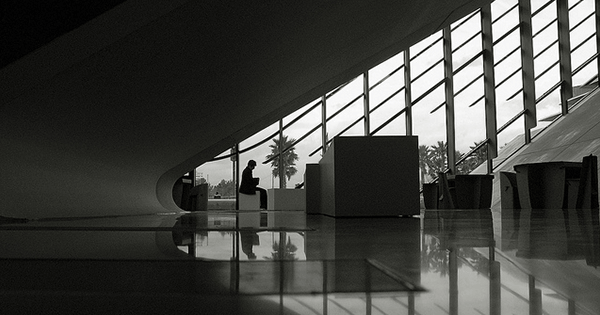
Something that rankles me every time a famous or notable person dies now is the increasingly de rigeur, spontaneous yet dizzyingly ephemeral outpouring of public grief displayed on social media. I do not mean to begrudge the departed. What intrigues me is the nostalgic desire on the part of the living to evince some form of proximity to and awareness of the genius, achievement, cachet, or, in some cases, sheer obscurity of the deceased. Are we seriously to believe, for example, that the first lady of the United States (who struck a savvy pose with a copy of A Tribe Called Quest’s The Low End Theory) thought often—or ever—about Phife Dawg while he was with us and struggling with type 1 diabetes? What about Prince’s ’80s protégé Vanity? Or Gary Shandling? When was the last time we honestly engaged with any of their work? Prince himself was one of the few examples of public lamentation this year, along with David Bowie, that mostly felt unforced.
Recently the British-Iraqi architect Zaha Hadid was in the news after succumbing to a heart attack at the age of 65, and while still working at the height of her considerable powers. Her death is undeniably sad and a major loss for the esoteric field of conceptual architecture in which she was a trailblazer—among many other honors, the first woman to win the Pritzker prize. As soon as the headline broke, I was only half-surprised to see my newsfeed on Facebook begin to fill with links and RIP commemorations to her singular talent. And yet I don’t think I have ever heard or seen any of these spontaneous mourners praise her highly impractical, curvilinear aesthetic in particular or the field of big-commission architecture in general. Not even once.
Perhaps this is unfair. Perhaps it’s not at all the case for the majority of social-media mourners—and perhaps we have more deeply committed architecture buffs in our midst than we know. But it seems that a not insignificant minority simply hijacks the notoriety of even the marginally newsworthy among the dead as a means of signaling their own knowingness and sophistication, the depth and breadth of their own eccentric cultural tastes. Why not celebrate these figures in life? Why rely on nostalgia?

